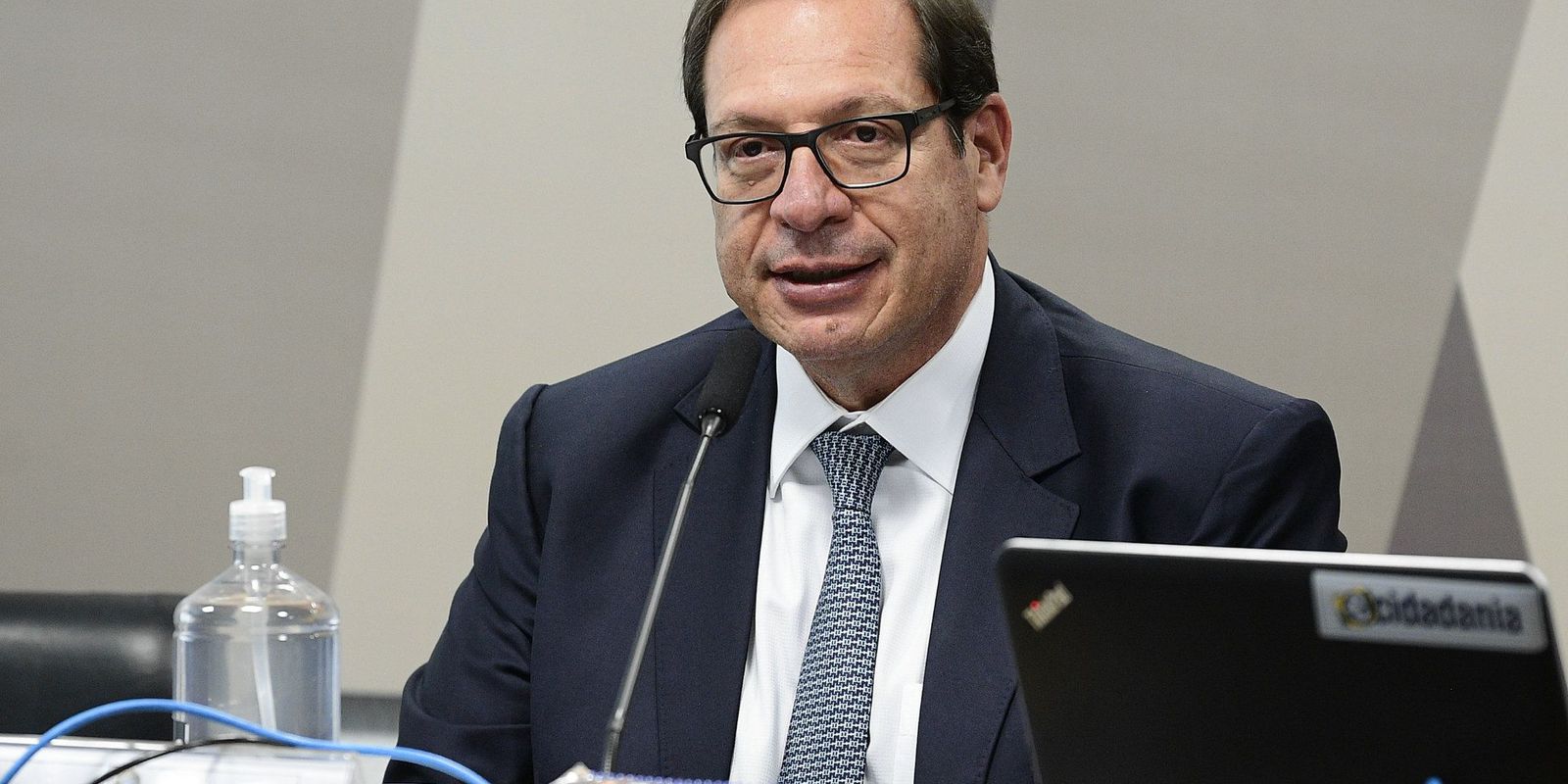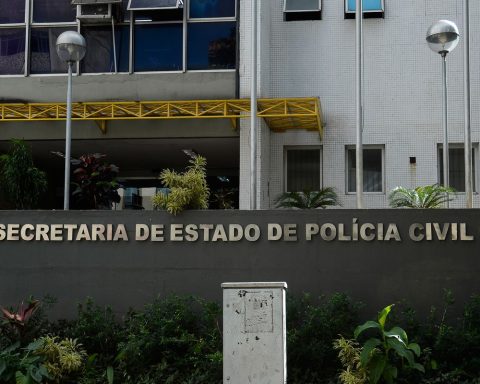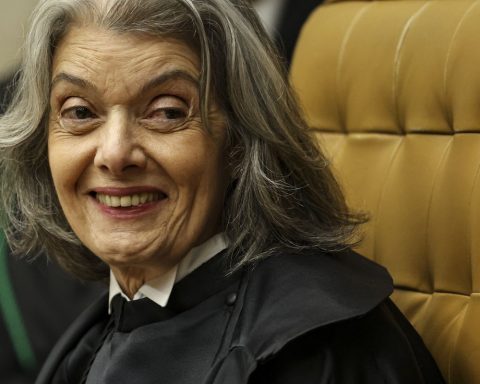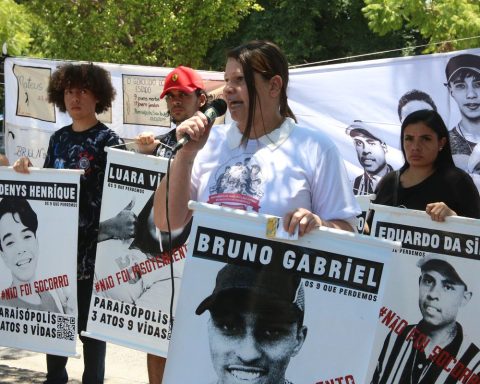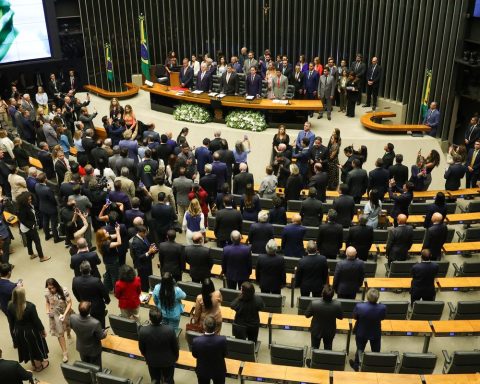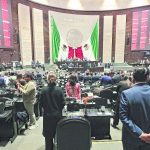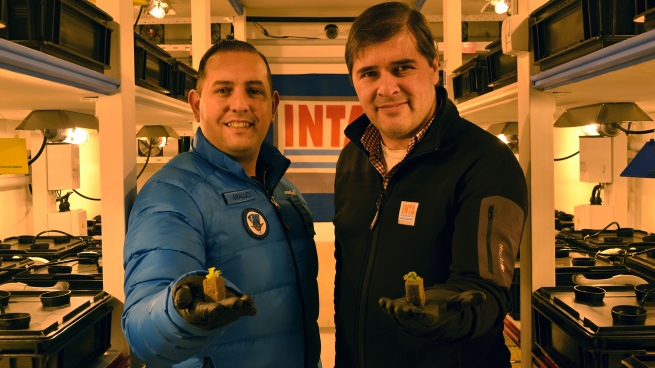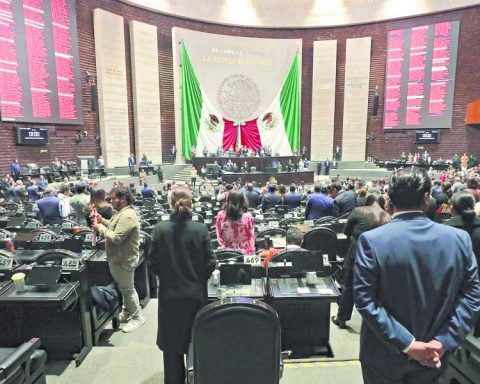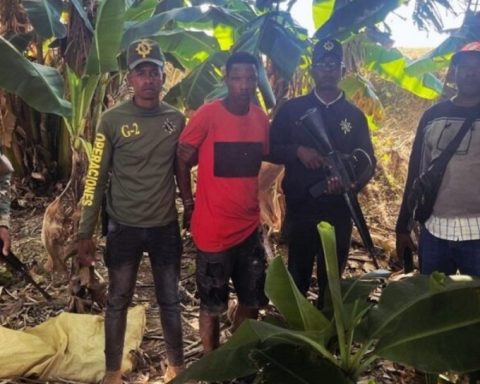The Constitution and Justice Commission (CCJ) of the Senate approved, this Wednesday (1st), by 24 votes to 1, the appointment of the Minister of the Superior Court of Justice (STJ) Luis Felipe Salomão to the post of internal affairs officer of the National Council of Justice. Justice (CNJ). The appointment of Salomão still needs to pass through the sieve of the plenary of the House, which may still occur today. 
One of the main themes of the Saturday was the delay in finalizing the processes and the slowness of the Judiciary in Brazil. On the matter, the minister said that there is an “almost pathological letigiousness in Brazil” and anything the Senate can do to face this will be welcome. According to him, actions are needed to strengthen mediation and allow the de-judicialization of issues that are currently restricted to the judicial sphere.
Another topic addressed at the CCJ, this time by Senator Kátia Abreu (PP-TO), was the treatment given to magistrates when they commit any misconduct or serious misconduct. For the senator, “it is unacceptable just to remove judges who sell sentences”, guaranteeing them “the payment of full salary for years, while he is being investigated”.
In answering, Solomon recalled that when some internal affairs department applies a punishment to the magistrate, it does so by applying the law; therefore, changes can only be made by the Legislature. “No magistrate can apply something that is not provided for by law. It is an issue that concerns Parliament, including in relation to the modalities and gradation of punishments”, he pondered.
Resume
According to the Constitution, the members of the National Council of Justice, who are responsible for “controlling the administrative and financial performance of the Judiciary Power”, will be appointed by the President of the Republic, after the nomination has been approved by the absolute majority of the Senate, for a term of two years. years, re-appointment allowed.
Luis Felipe Salomão was born in Salvador and studied law at the Federal University of Rio de Janeiro (UFRJ). The nominee began his professional career as an intern at the Public Defender’s Office, to later work in law, until he was approved in a competition for the position of prosecutor. Then he moved to the judiciary and became a judge at the Court of Justice of Rio de Janeiro (TJRJ).
In Rio de Janeiro, he held the positions of electoral judge and auxiliary judge of the Internal Affairs Department, and later held the position of judge. Later, as a member of the STJ, he was nominated to compose the Superior Electoral Court (TSE), where he held the position of Inspector General of the Electoral Justice.
* With information from the Senate Agency
